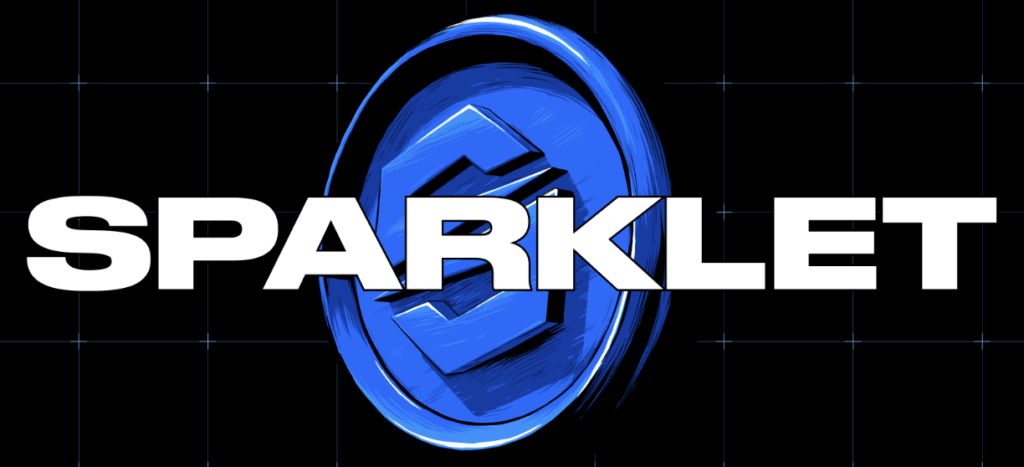Upland, a leading web3 Metaverse Super App, has announced that its in-game utility token, Spark, will soon be tradable outside Upland’s borders on the Ethereum blockchain. This decision came after an overwhelming 87.25% of the Highland community voted in favor of the initiative. This is in line with the platform’s goal to build the most extensive digital open economy in the world within the metaverse.
Dive into the Sparklet White Paper
Upland leadership presented the community with the Sparkling white paper in late September to pave the way for this transformative change. The detailed document provides insights into bridging Spark to the Ethereum network. In this planned transition, the Spark token will be mirrored and minted on Ethereum as Sparklet, worth one-thousandth of a Spark token.
The Sparklet White Paper outlines Spark’s essential role in driving value across the metaverse. It is a crucial resource for various activities, including world building, collaborative community initiatives, no-code NFT creation, and 3D map assets such as vehicles and decorations.
The white paper also covered key aspects such as future utility, Sparklet vesting schedules, strategic implementation, and the logistics of token distribution. It also provided an open path for it community members to share their thoughts ahead of the board vote. Dirk Lueth, co-founder and co-CEO of Upland, emphasizes that “offering tradability to our users while having protective mechanisms in place allows us to progress responsibly toward decentralization.”

Spark Token Tradeability Event
The overwhelming approval from the Upland community has paved the way for the next big step: a Token Tradability Event (TTE). During this event, Spark tokens from the EOS blockchain will be mirrored and transformed into Ethereum-based Sparklet tokens.
With the launch of the event, Upland is taking a step toward becoming more decentralized as it allows those who own Spark tokens to more easily trade their Sparklet tokens on open markets. Additionally, Upland aims to grow its presence in the broader Web3 world by listing on external exchanges, attracting more users and improving its network.
During the upcoming Token Tradability Event, 1 billion Sparklet tokens will be released on the Ethereum network. These new tokens will be supplemented with 1 million Spark tokens created in Upland, which uses the EOS blockchain. According to a community-approved Sparklet White Paper, the amount of Spark you own in the Upland game will always be equal to the number of Sparklet tokens in escrow on the Ethereum bridge.
Currently, spawning Spark in Upland is a prerequisite for item construction or production. The white paper shows that the game has more than 130,000 Spark holders, with almost 94% of them using Spark for construction activities. Sparklet will exist on the Ethereum blockchain as an ERC-20 asset. Transferring Sparklet from Ethereum to Upland allows conversion to Spark using a multiplier of x/1,000, and the process can be reversed to move Spark back to Ethereum.
Opportunities and broader implications
The freedom to trade Spark in liquid markets introduces a range of opportunities. For example, players may want more Spark to speed up their virtual building efforts, while others may want to liquidate Spark assets they no longer need via Sparklet. Likewise, makers, entrepreneurs, and brands may require different amounts of Spark based on fluctuating production needs.
Idan Zuckerman, co-founder and co-CEO of Upland, explains: “After two years of observing the Spark economy, we are confident that we can create a model that is sustainable for the foreseeable future. Sparklet allows players to take real ownership of Spark and trade it on liquid markets.”
Furthermore, with the introduction of Spark marketability, developers will likely create new utilities for Spark, increasing demand. This adds a new layer to the Upland ecosystem, enabling a more engaged and diverse community and potentially paving the way for distinctive innovation.
Finally, it is also worth mentioning that the changing regulatory landscape, as evidenced by breakthrough cases like SEC v. Ripple, has reduced the uncertainties surrounding token tradability. This makes Upland’s timing crucial and relevant.
